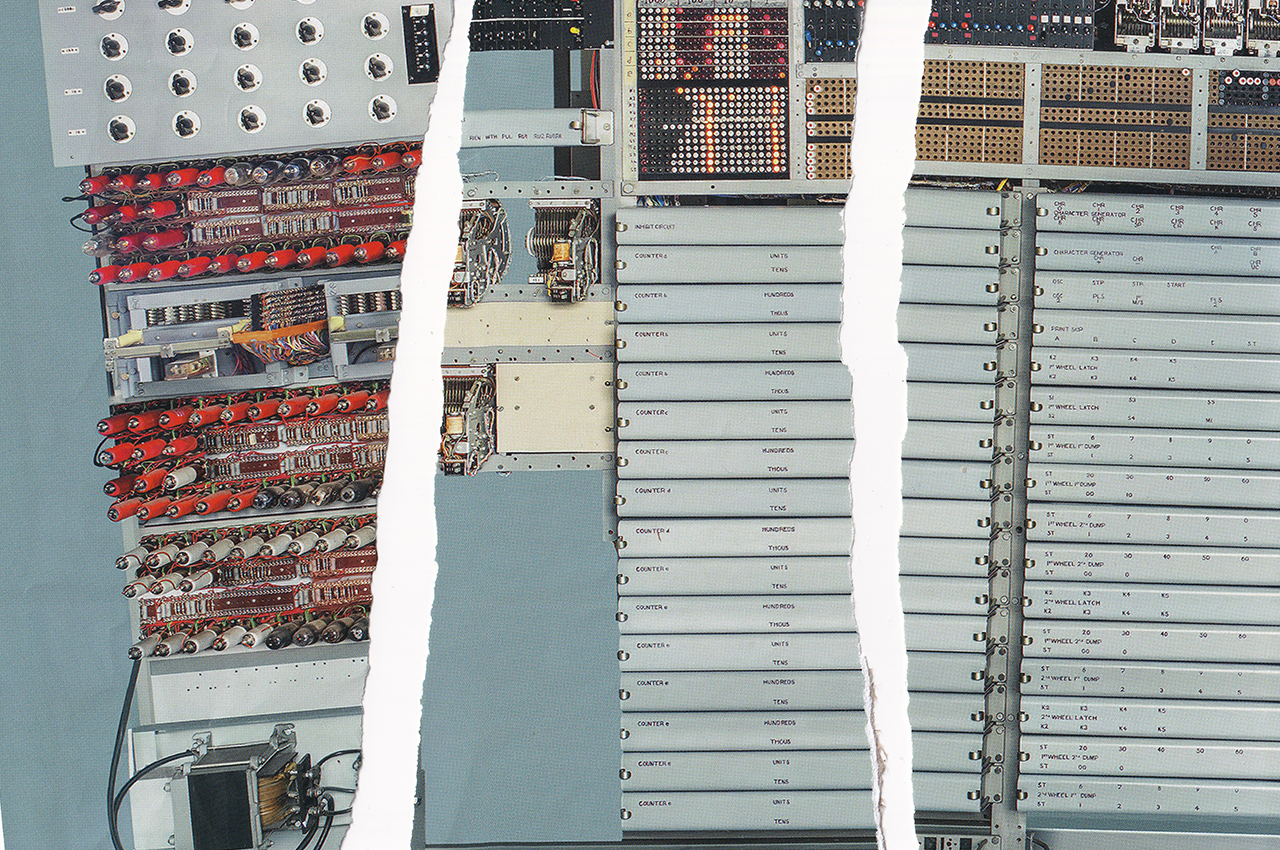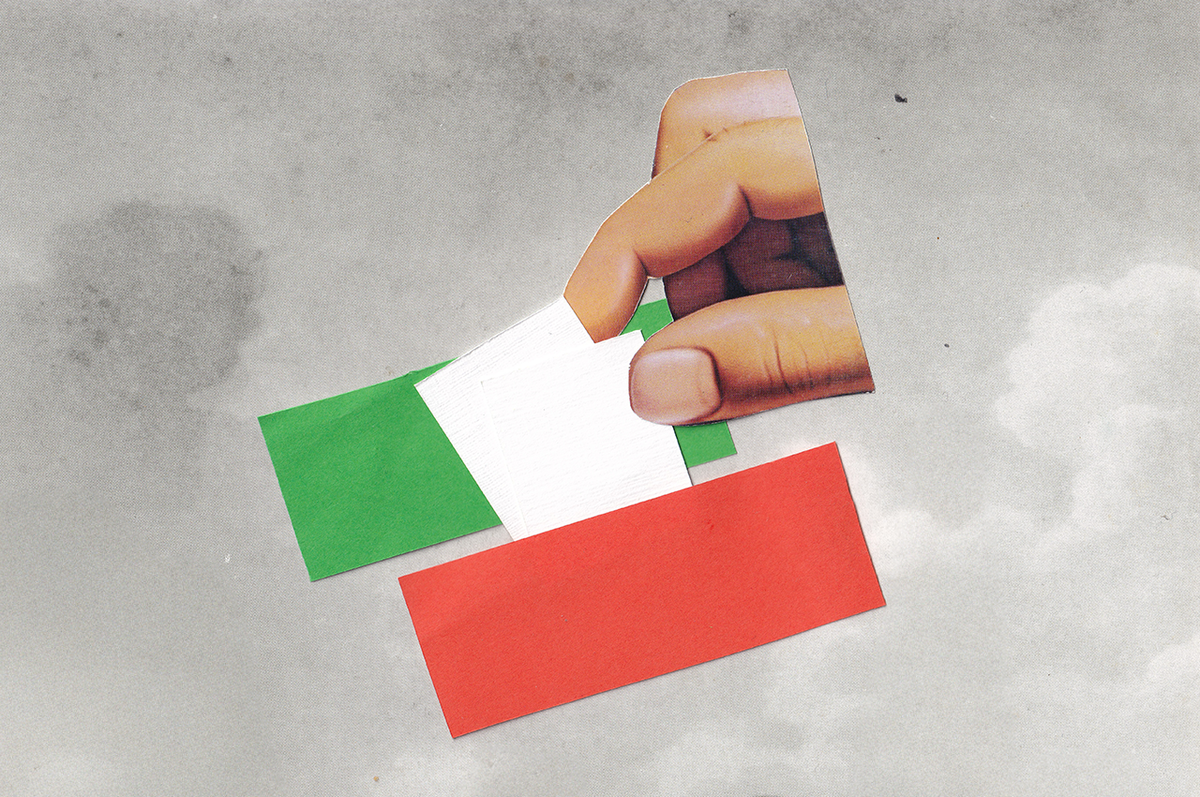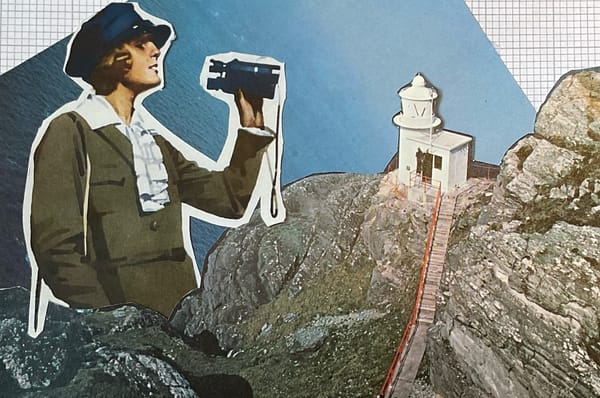Reading list: Romanian election annulled due to digital interference
Get up to speed on the annulment of the Romanian election, and what it might mean for TikTok

The Romanian Supreme Court has just annulled that country's election results, in response to the declassification of intel from the state security agencies that suggest that Russia used both cyber attacks and online propaganda to influence the vote. This is an evolving situation, but here is what you can read to get up to speed:
The BBC has a good primer on the situation, noting that:
"Romania's constitutional court has annulled the result of the first round of voting in the presidential election just days before the second round was due to take place. It means the process will be restarted from scratch, with the government due to decide a date for a new vote. The first round was won by Calin Georgescu, an almost unknown far-right Nato-sceptic who has previously praised Vladimir Putin. The court's decision comes after intelligence documents were declassified, suggesting Georgescu benefitted from a mass influence operation – conducted from abroad – to interfere with the result of the vote."
The FT had a good write up on Wednesday about the newly declassified Romanian intelligence suggesting there was a staggering amount of Russian Cyber crime activity - 85,000 attacks - around the election, including against the election system:
"One of the documents prepared by Romania’s secret services (SRI) said “cyber crime platforms of Russian origin” had obtained login information for Romania’s election network in the run-up to the first round of presidential elections, which was topped by Georgescu — a previously fringe candidate. The SRI said more than 85,000 cyber attacks had been identified. They sought to gain “access to data from IT systems, altering their integrity, changing the content presented to the general public and making the infrastructure unavailable”."
The BBC write up of the noted that the role of TikTok had been an issue as well, leading to a recount:
"the court had ordered a recount of votes cast in Sunday's first round following allegations that social media platform TikTok gave "preferential treatment" to the surprise winner, Calin Georgescu. Georgescu, a radical with no party of his own, campaigned mainly on TikTok."
That declassified evidence suggests that TikTok played a large role in Russia's influence operations. Again from the FT:
The declassified documents also detailed how Georgescu’s campaign benefited from a massive co-ordinated campaign on social media that appeared to have had connections to foreign actors...Pro-Georgescu videos were pushed out in “swarms” on TikTok, the declassified documents show.
The FT report that TikTok took down a “cluster” of accounts that were promoting Georgescu without labelling it as political advertising only last week, after the election.
TikTok claiming to ban ads, but The Briefing found ads running in the Irish June campaigns and have an active complaint under the DSA. This is an issue as the "ban" means TikTok does not have an adequate system for transparenty labeling and archiving the ads.

The FT report that TikTok took in a large amount of money to run these ads:
TikTok collected at least $381,000 dollars in payments for the campaign, the Romanian reports said, adding the company had admitted to receiving those revenues.
Yet the pro-Russian candidate has declared no expenses:
Georgescu has declared zero funds spent in the campaign. The far-right candidate “benefited from preferential treatment” on TikTok because the Chinese social media platform did not label his videos as political ads.
The substacker (and cyber expert) Lukasz Olejnik has gone through the declassified intel and summarised the Russian strategy in a post - we writes about both the bot network:
"The overall campaign strategy was highly coordinated, with more than 25,000 TikTok accounts activated around two weeks before the election. This effort was not spontaneous but carefully orchestrated. Interestingly, 797 of the accounts were created as early as 2016 and remaining inactive until the campaign ramped up. The accounts were assigned unique IP addresses, indicating a deliberate effort to conceal the true scale of the network. This approach bypassed typical botnet detection patterns. Professional job.
But also via networks on influencers, some of whom appear to be unaware that this was happening:
"The campaign hinged on an influencer-for-hire site, offering to engage influencers to, well, promote things. The campaign relied heavily on paid influencers and coordinated social media efforts to maximize its impact. Some influencers were fully aware of their participation, receiving financial compensation via influencer-for-hire platforms like FameUp and FA Agency. Others unknowingly participated by sharing pre-drafted content.
The European Commission are, unsurprisingly, getting involved, flexing new powers under the Digital Services Act. In an announcement yesterday they said that they were ordering:
"preservation of documents and information regarding any systematic infringement of TikTok's terms of service prohibiting the use of monetisation features for the promotion of political content on the service. The retention order concerns national elections in the European Union between 24 November 2024 until 31 March 2025."
This will, interestingly, also cover the Irish elections - so we may see some data come out about our campaign here (including those millions of TikTok views by a certain inner city candidate).
Also interesting to this Parish as Ireland newest EU Commissioner has responsibility for protecting rule of law in the EU, with the number one responsibility listed by the Commission:
putting in place a new European Democracy Shield, including the fight against disinformation, foreign information manipulation and interference
He is right in at the deep end!





